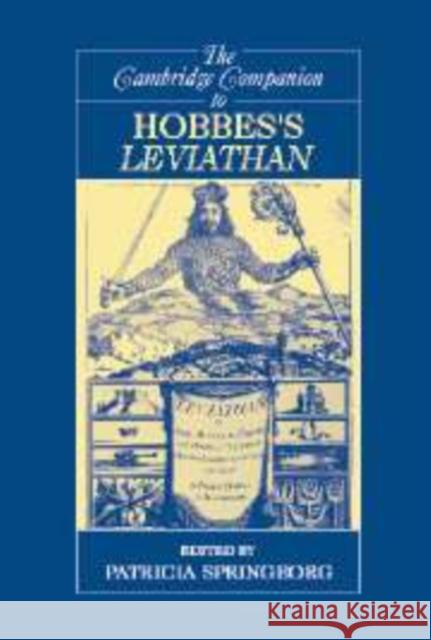The Cambridge Companion to Hobbes's Leviathan » książka
topmenu
The Cambridge Companion to Hobbes's Leviathan
ISBN-13: 9780521836678 / Angielski / Twarda / 2007 / 556 str.
The Cambridge Companion to Hobbes's Leviathan
ISBN-13: 9780521836678 / Angielski / Twarda / 2007 / 556 str.
cena 352,88
(netto: 336,08 VAT: 5%)
Najniższa cena z 30 dni: 349,90
(netto: 336,08 VAT: 5%)
Najniższa cena z 30 dni: 349,90
Termin realizacji zamówienia:
ok. 16-18 dni roboczych.
ok. 16-18 dni roboczych.
Darmowa dostawa!
A new departure in Hobbes scholarship, this is the first systematic topic-by-topic treatment of his masterpiece Leviathan.











